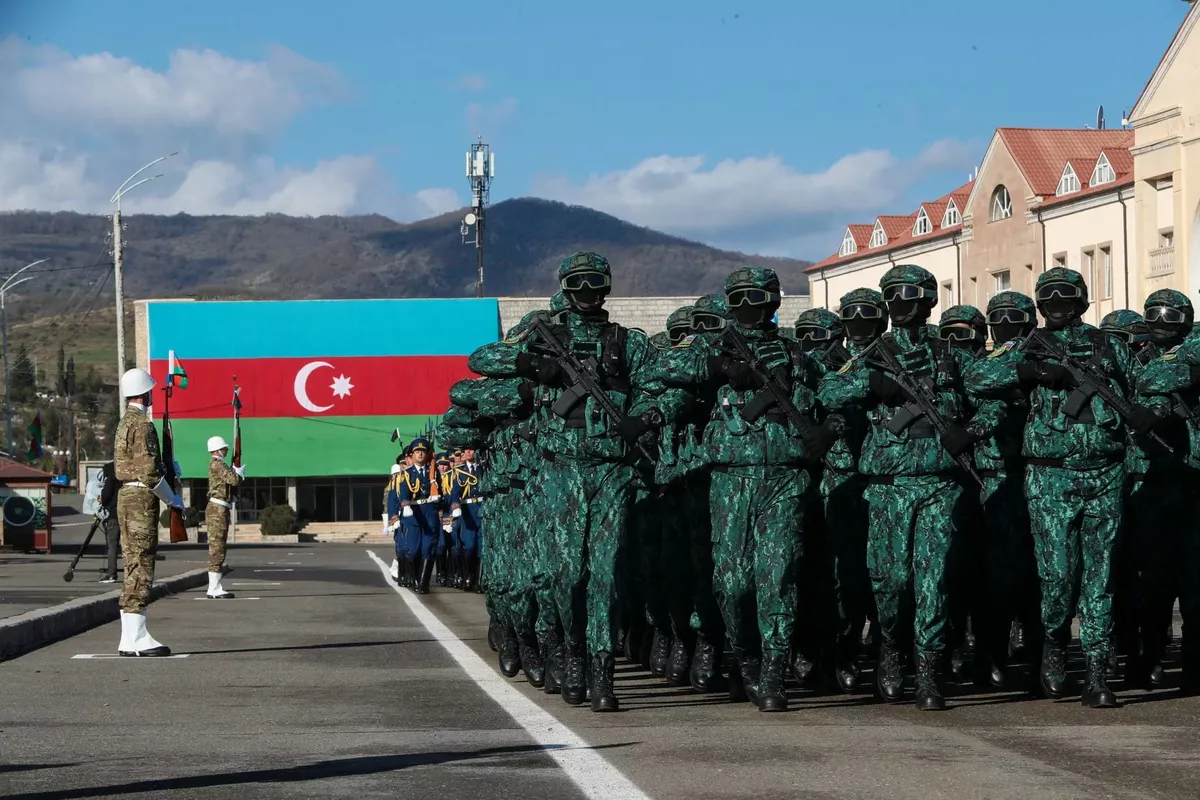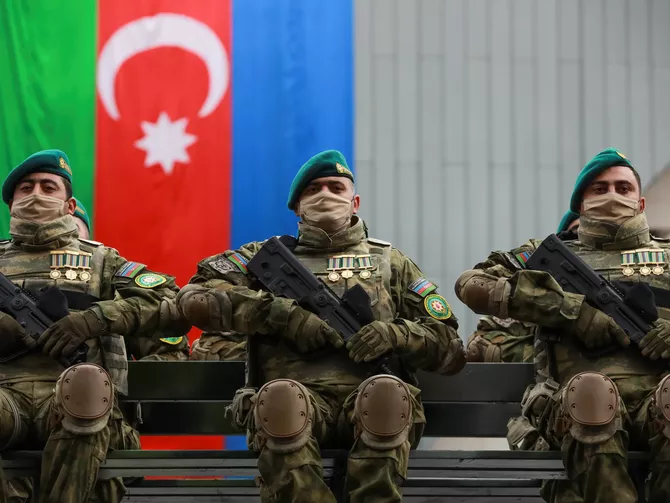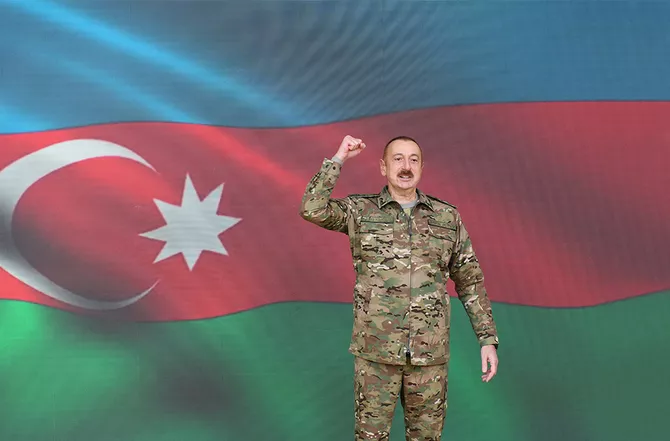
Photo credit: quincyinst.org
In September 2023, Azerbaijan restored full sovereignty over Karabakh, ending decades of conflict. This landmark event reshaped the South Caucasus and set a precedent for resolving frozen conflicts worldwide.
In September 2023, Azerbaijan decisively altered the course of history in the South Caucasus, closing a chapter of instability that had persisted for decades. On September 19-20, under the leadership of President and Commander-in-Chief Ilham Aliyev, Azerbaijan’s national army conducted a swift but decisive anti-terrorist operation in Karabakh. Lasting barely a day, the operation delivered results with historic consequences: Azerbaijan fully restored its sovereignty, dismantled the separatist project in Karabakh, and reestablished constitutional order throughout its internationally recognized territory.
To the outside observer, this was not a sudden or impulsive action, but rather the culmination of three years of mounting frustration. Since the signing of the trilateral statement on November 10, 2020, Armenia had repeatedly failed to honor its commitments. Illegal armed groups remained entrenched on Azerbaijani soil, receiving weapons and supplies while fortifying positions and mining roads. Yerevan’s political leadership openly endorsed the separatist regime, lending it legitimacy through so-called “elections” and official congratulations.

File: Aziz Karimov/Reuters
Faced with these realities, Azerbaijan acted in strict accordance with international law, defending its sovereignty and restoring constitutional order. It was a necessary step, not only for national security but also for the long-term stability of the entire region.
The international reaction reflected a recognition of this new reality. The European Union expressed concern but ultimately emphasized its strategic priority: sustainable peace and regional stability. Brussels reiterated its support for Azerbaijan’s territorial integrity and called for rapid reintegration efforts, with humanitarian protections for the local population. The United States also acknowledged the legitimacy of Azerbaijan’s actions by stressing that any resolution must be based on international law and recognized borders, effectively reaffirming its stance in favor of Baku’s sovereignty.
Russia found itself in an especially difficult position. As a co-author of the 2020 ceasefire agreement, Moscow had deployed peacekeepers to Karabakh, but they failed to fulfill their mandate. This failure was evident to all parties. While the Kremlin continued to speak of peace and stability, its messaging tacitly acknowledged the new regional status quo. Türkiye, by contrast, took an unequivocal stance. Ankara hailed the operation as a restoration of justice and a strategic move toward lasting peace, framing the defeat of separatism as a catalyst for broader regional integration and development.

Photo credit: president.az
Support for Azerbaijan extended beyond its immediate allies. Organizations such as the Organization of Turkic States and the Organization of Islamic Cooperation expressed solidarity, framing Baku’s actions as the restoration of international law and justice. These endorsements bolstered Azerbaijan’s legitimacy on the global stage, further isolating the remnants of the separatist narrative.
While geopolitical implications are significant, the human dimension of this victory cannot be overlooked. The state-led “Great Return” program is transforming liberated territories into vibrant hubs of renewal. Families displaced decades ago are finally returning to their homes in Khankendi, Shusha, Khojaly, Agdam, Fuzuli, and other cities. This return is more than a logistical challenge-it is a powerful symbol of historical justice and the rebirth of regions long devastated by occupation and conflict.
The story of Azerbaijan carries lessons far beyond the Caucasus. It demonstrates that separatist entities propped up by external powers are inherently fragile. Structures built on artificial foundations and foreign interests cannot integrate organically into their surrounding environment; they are doomed to collapse once geopolitical winds shift. The dissolution of the Karabakh separatist regime is a stark reminder that so-called “frozen conflicts” are never truly frozen-they are unresolved problems awaiting decisive action. Territorial integrity cannot remain indefinitely suspended. Sooner or later, justice demands restoration, and international law provides the framework for a final settlement-one that prioritizes legality over political expediency or manipulation.
When diplomacy fails and becomes a tool for preserving an unjust status quo, states retain the sovereign right to act. Military action, in such cases, is not a rejection of diplomacy but its natural extension-an assertion that dialogue must be backed by resolve. Azerbaijan’s actions illustrate this principle vividly: a combination of determination, legal legitimacy, and humanitarian responsibility created the conditions for sustainable peace.
As global crises unfold-from the Balkans to the Middle East and Africa-the Azerbaijani experience serves as a precedent. It is a rare case where military decisiveness and humanitarian vision intersected to produce a transformative outcome. The sight of Azerbaijan’s tricolor flag flying across every corner of Karabakh and East Zangezur sends a message to the world: sovereignty can be restored, justice can prevail, and conflict zones can become spaces of hope.
Azerbaijan’s success is not merely a regional milestone. It is a case study in postcolonial resurgence, a demonstration of how a nation can reclaim its future and emerge as a pivotal energy and transportation hub in Eurasia. Separatism has been defeated, justice restored, and a foundation laid for a new future-one in which Azerbaijan’s victory offers inspiration to nations striving to defend their rights and shape their destinies.
Share on social media